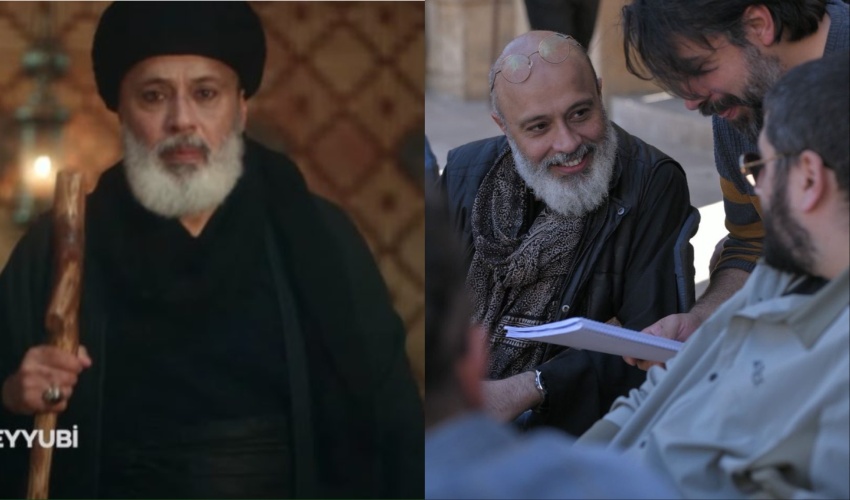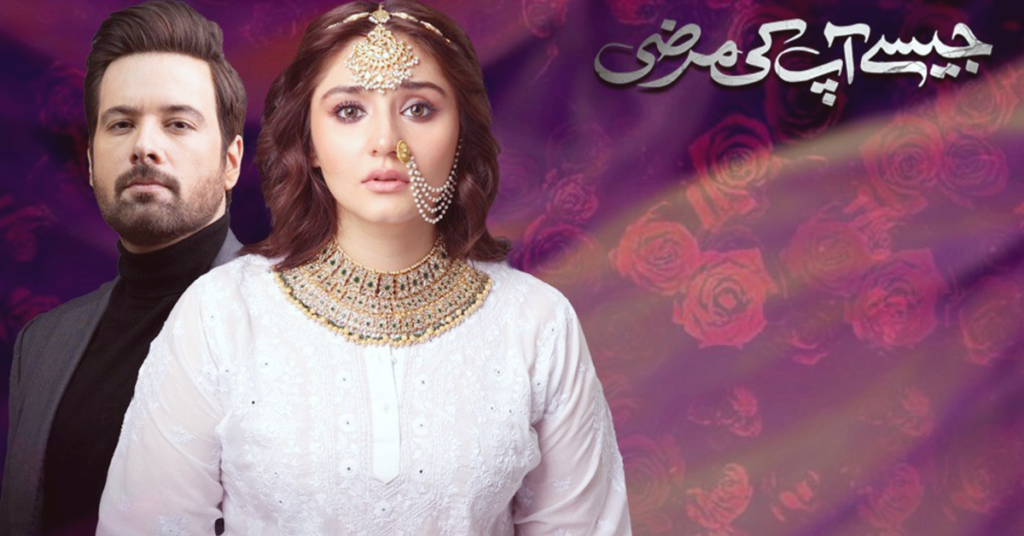THE ICON REVIEW: WHAT COULD HAVE BEEN
Written by FM 100 on November 3, 2023
Hollow clangs of a metal rod reverberate with ominous intent when reality breaks for Mariam Rizvi (Ramesha Naval), the sensible, worldly-wise 25-year-old lead of In Flames. The film is writer-director-co-editor-art director Zarrar Kahn’s Oscar-submission hopeful that’s running in limited cinema screens and shows in Karachi.
A middle-class resident of an old, crumbling apartment complex in Gulistan-i-Jauhar who frequents the library to study for her MCATs, Mariam is in the middle of gradually escalating psychological warfare.
Despite her grumbling protests, her mother, Fariha (Bakhtawar Mazhar), a teacher, is being coerced by a greedy uncle (Adnan Shah Tipu) to sign away their dingy flat. The family, we learn early, has just lost their “patriarch” — a snarky term used for fathers and grandfathers in today’s media that, in broader view, infers connotations of reserved, arcane, seriously flawed family systems.
With patriarchy gone, the family — which also has a school-going younger brother who has nothing to say — is struggling to make ends meet. Their debt is high, and the bills are too much for the mother to pay.
Oscar hopeful In Flames’ chief snag is the reasoning and actions of its characters — and by extension, the narrative cliches one can see coming a mile away
Zarrar’s film is an exercise in claustrophobia. The frames of his brilliantly composed shots are held tight by his medium and close lenses, and his limited camera moves, with their smartly choreographed one-shot pans that reveal an aspect or convey an action, move your attention deliberately through the scenes. This handholding is an effective prerequisite, given the film’s appropriate classification as “psychological horror.”
In case one didn’t understand the label — also: major spoiler alert here — this means that the demons you see in the film may, or may not be, an extension of one’s own trauma.
Mariam has reality-breaking nightmares, where various men appear as eyeless ghouls, while she experiences a romantic awakening. She is wooed by Asad (Omer Javaid), her close friend’s somewhat obnoxious, charmless cousin from Canada.
Zarrar, who this writer understands once went by the name of Hamza Bangash, uses his aesthetic prowess to mask a half-effective screenplay. His film’s plot is straightforward and the story can be summed up in two paragraphs. One has seen powerful films even with these apparent shortfalls — though not here.

In Flames’ chief snag is the reasoning and actions of its characters — and by extension, the narrative cliches one can see coming a mile away.
Men, for example, are a major problem. They feign to have noble intentions, are abusive, rapists, or just one-dimensional half-wits. But lumping the issues on men alone would be a quick and partially wrong pre-judgment. Mariam and her mother have naive approaches to life, and their actions reflect a filmmaker’s preferential narrative call rather than intelligent, out-of-the-box decisions the characters could have made under the circumstances.
Coupled with performances that range between half-refined and amateur (mostly it is the latter, with actors breathing up too much screen-time during their exaggerated playacting), one wishes to have seen a film that could have been, rather than the one it is.
In Flames is playing till October 31 at Atrium Cinemas, and is rated U by the Sindh Board of Film Certification. The rating, one assumes, has little to do with the adult subject matter of the story




